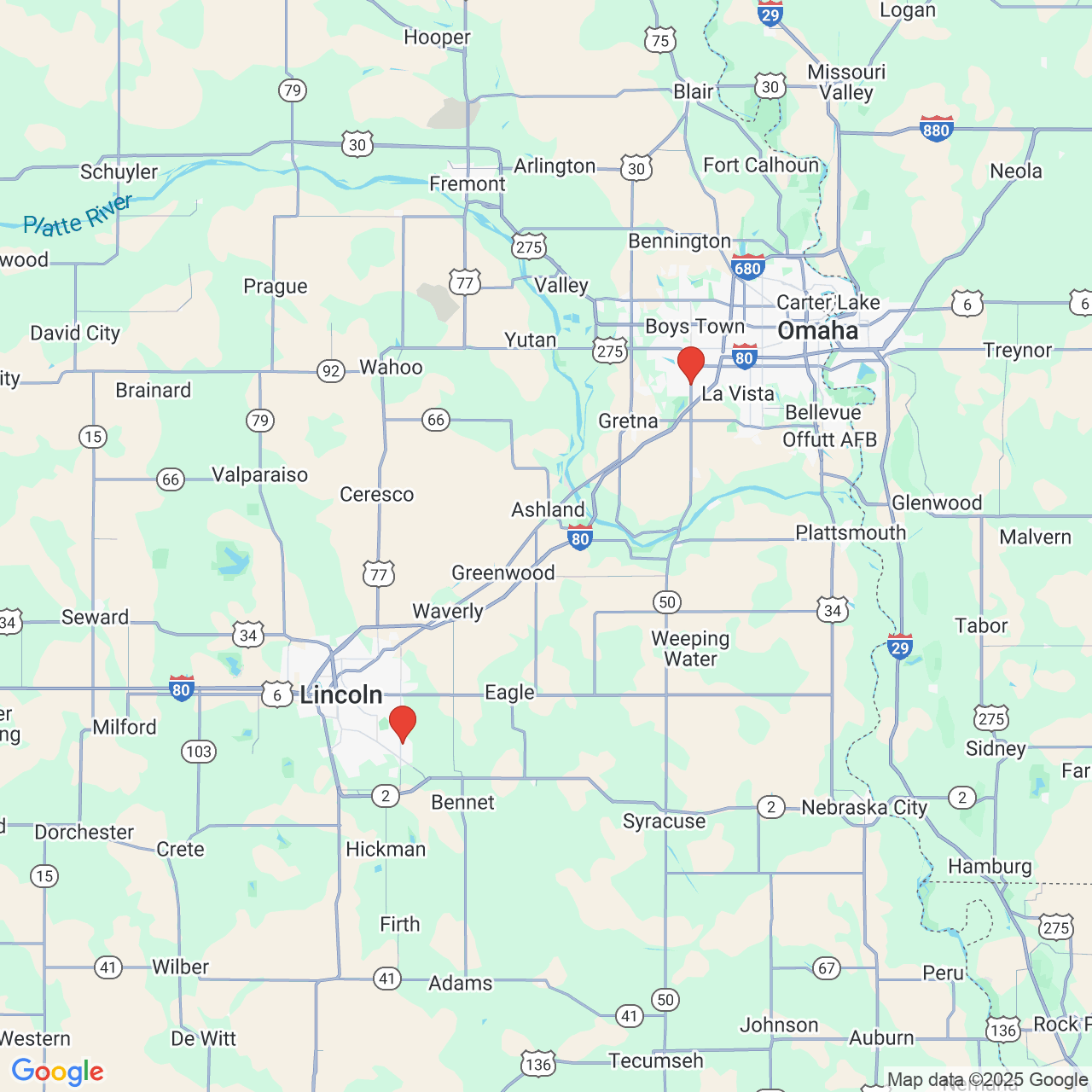IVF for LGBTQ Patients
 At Heartland Center for Reproductive Medicine, PC, we believe that everyone who wants to start a family should have access to the tools to do so. Because of this, we are proud to offer LGBTQ family planning services at our fertility clinic serving Omaha, NE, and surrounding areas.
At Heartland Center for Reproductive Medicine, PC, we believe that everyone who wants to start a family should have access to the tools to do so. Because of this, we are proud to offer LGBTQ family planning services at our fertility clinic serving Omaha, NE, and surrounding areas.
As with any other patients, we personalize fertility treatment for LGBTQ patients based on their specific needs and desires. One of the most versatile fertility techniques, and therefore one of the most popular, is in vitro fertilization, or IVF. IVF for LGBTQ patients assists throughout the stages of conception so that families with two intended fathers or two intended mothers can build the family they desire.
Stages of IVF Treatment
IVF oversees every step of conception, so treatment takes place in several stages. Each phase of IVF addresses common causes of infertility to increase the likelihood of a successful pregnancy.
- Ovarian stimulation - IVF treatment starts with ovarian stimulation. At this phase of treatment, the intended mother or egg donor takes fertility medication to stimulate the ovaries and encourage the production of multiple eggs. Fertility medications are usually self-administered via injection over the span of one to two weeks.
- Egg retrieval - Following ovarian stimulation, we schedule egg retrieval. This is a minimally invasive procedure in which a thin, hollow needle is inserted transvaginally and guided to the follicles so that they can collect released eggs.
- Fertilization - Collected eggs are fertilized in a laboratory setting with a concentrated sperm sample that has been collected from the intended father(s) or a sperm donor. Fertilized eggs are observed for several days and then tested for viability.
- Embryo transfer - The most viable embryo(s) is selected for embryo transfer. Embryos are placed in a flexible catheter and inserted through the vagina so they can be deposited directly into the uterus.
Considerations for Two Intended Fathers
When two intended fathers are undergoing IVF treatment, there are certain factors that must be taken into consideration. First, the fathers will need to choose an egg donor and gestational surrogate to work with. The egg donor undergoes ovarian stimulation and egg retrieval to provide the eggs for IVF treatment. The gestational surrogate undergoes embryo transfer and carries the pregnancy. Our Omaha patients can choose an egg donor and surrogate among their family or friends, or they can select them from a donor/surrogacy agency.
The second consideration is which father will provide the sperm sample (or whether they will work with a sperm donor). Whichever father donates the sperm will be biologically linked to the child. It is also possible for both men to donate sperm, and for the collection to be mixed so that each has the chance to participate in IVF treatment.
Considerations for Two Intended Mothers
When two intended mothers undergo IVF treatment, an egg donor and surrogate should not be necessary, unless the patients suffer from fertility problems. However, patients will need to determine who will provide the eggs for IVF treatment, and who will carry the pregnancy. Often, one mother acts as the egg donor, while the other carries the pregnancy, so that they both have an active role in IVF treatment.
Intended mothers will require a sperm donor for IVF treatment. As with egg donors and surrogates, sperm donors can be someone that is close to the patients, or they can be selected from a donor agency.
Contact Us to Learn More
f you are a member of the LGBTQ community and are ready to start a family, the fertility specialists at Heartland Center for Reproductive Medicine, PC, would be happy to help you explore your options. To schedule a personal consultation with our team, send us a message online, or call our Omaha clinic at (402) 714-4200.






